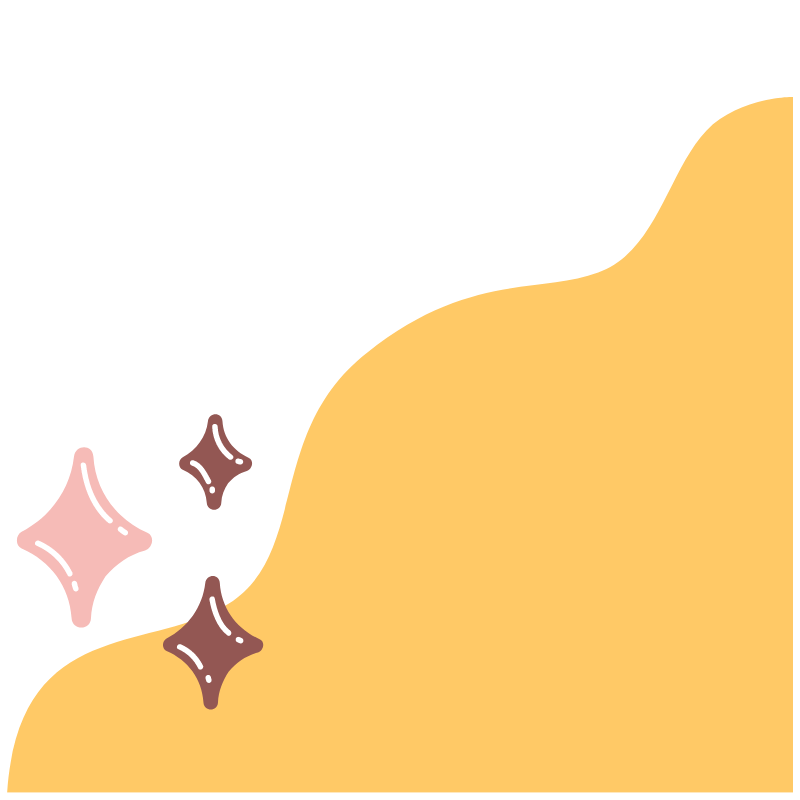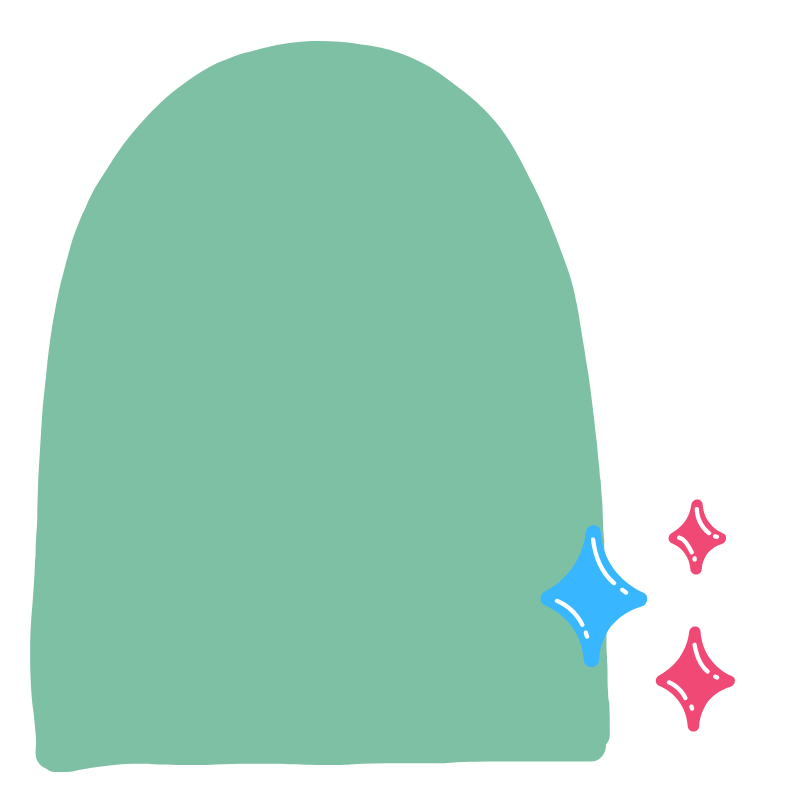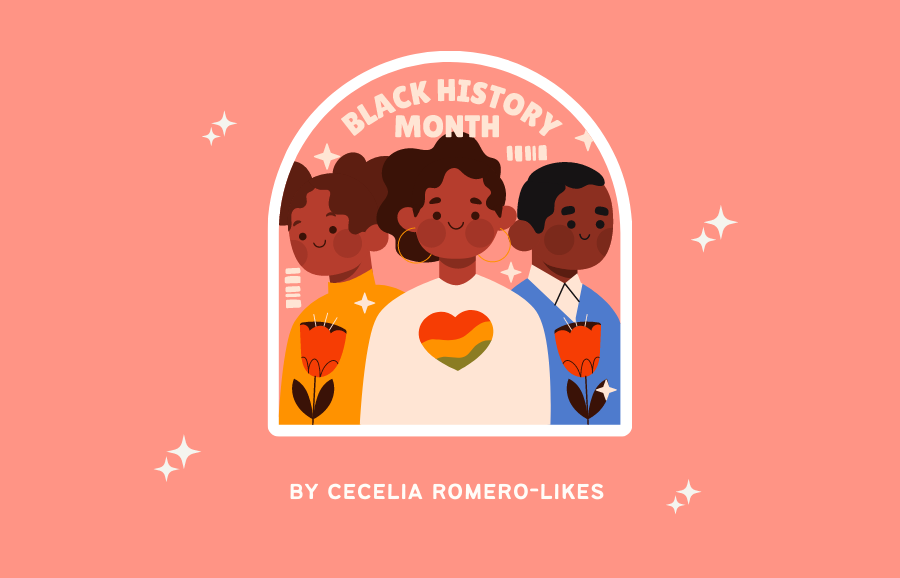At Desert Montessori, we celebrate being human as we grow little humans into the best version of themselves. We do this by instilling kindness, caring and empathy. This month we are doing that by celebrating Black History Month. A month that teaches us that year-round not everyone has or will experience the same struggles. That diversity does not force us to be strangers, but teaches us that we must always strive to understand each other beyond the surface. To understand the history that shapes our communities, families and our daily experiences.
— DMS Equity & Inclusion Committee
I’m a firm believer that race is something that should be discussed with young children year round, but Black History Month serves as an open door for those unsure about how to enter the conversation or feeling ambivalent about having it at all. But whether or not parents are talking to their children about race, they are learning and hearing about it—through books, television and movies, and from the adults in their lives, especially their parents. In this blog, I’ll be sharing a few tips and resources for getting the conversation started. You don’t have to go into everything all at once, or expect your child to understand right away, this is a conversation that they’ll likely be having their entire lives.
I know that talking to little ones about race can be daunting, even for a Brown woman like me. Maybe it’s more complicated because of my own experiences with race and racism. There have been times when I have become very emotional while talking with my daughter about race, mostly because I was pressing up against trauma I hadn’t processed yet. And while it’s fine and even good for her to see my tears, it made the conversation more confusing for her. Which brings me to my first tip.
know who you are
How do you identify racially or ethnically? What’s your socioeconomic status? What stories did your parents tell you at bedtime? Who were your friends and neighbors? Who are they now? These questions all inform our identities, and by proxy, our worldview.
One of the goals of talking about race with our children should be to help them develop understanding and empathy, particularly for others who may appear to be very different from them. But in order to move toward others with those gifts, we have to have them for ourselves.
Afrocentric Montessori has a comprehensive and accessible questionnaire to help. You can find it here.
The better we can understand ourselves and our own experiences with race, the more capable we’ll be of talking about it with our kids.

Share in an Age Appropriate Way
It can be challenging to know what our children are ready for and what they aren’t. I would just say to watch for cues from them, are they able to stay present as you share, or do they appear disengaged or keep changing the subject?
Follow the questions they’re asking and frame your conversation around that. You can even use the things they’re already into to start the conversation; like the episode of Bluey where Bingo gets made fun of for being stubby (she’s an anthropomorphic blue heeler). Kid’s media is rife with allegory. Use it to your advantage.
stay open and keep learning
Look, I learn something new every time I step into the conversation about race with people who are different from me. Maybe they’re a different race, or socioeconomic status, or were raised in a big city. It doesn’t really matter—what does matter is that hearing from them, learning more about their experiences and how they want to exist and be seen in the world makes it easier for me to love them and strengthens my connection with them. And make no mistake, we’re all connected.

These conversations can be hard, whether you’re interacting with a person in real time, or through a book, article, podcast, what have you. It’s scary to have our perspectives challenged. But that’s how we grow.
It’s ok to make mistakes (and you will) when you’re having conversations about race with your kids, or anyone else. None of us are perfect. But if you’re committed to staying engaged and learning from people who have different perspectives than your own, you can trust that you’re doing the best you know how, and when you know better, you’ll do better.
resources:
Here are a few resources that I love and use when it comes to talking to my kids about race.

100 Race-Conscious Things You Can Say To Your Child To Advance Racial Justice lists direct, proactive language you can adapt and use to help your kids understand racism.

PBS Kids and Embrace Race both have a ton of great articles by experts in the field about talking about race and racism with young children.

Ditto Kids Magazine is a decolonized history magazine and curriculum for kids 3+. It’s full of fun activities and conversation starters that center equity and racial justice.

If you’re a social media fiend like I am, these are some great accounts to follow for further learning: @blairimani, @theconciouskid, @courtneyahndesign

Books! There are so many great books that explore race. So many, in fact, that we’ll be devoting a separate blog post to them. Keep an eye out for Friday’s blog post with book recommendations for kids and adults alike!

